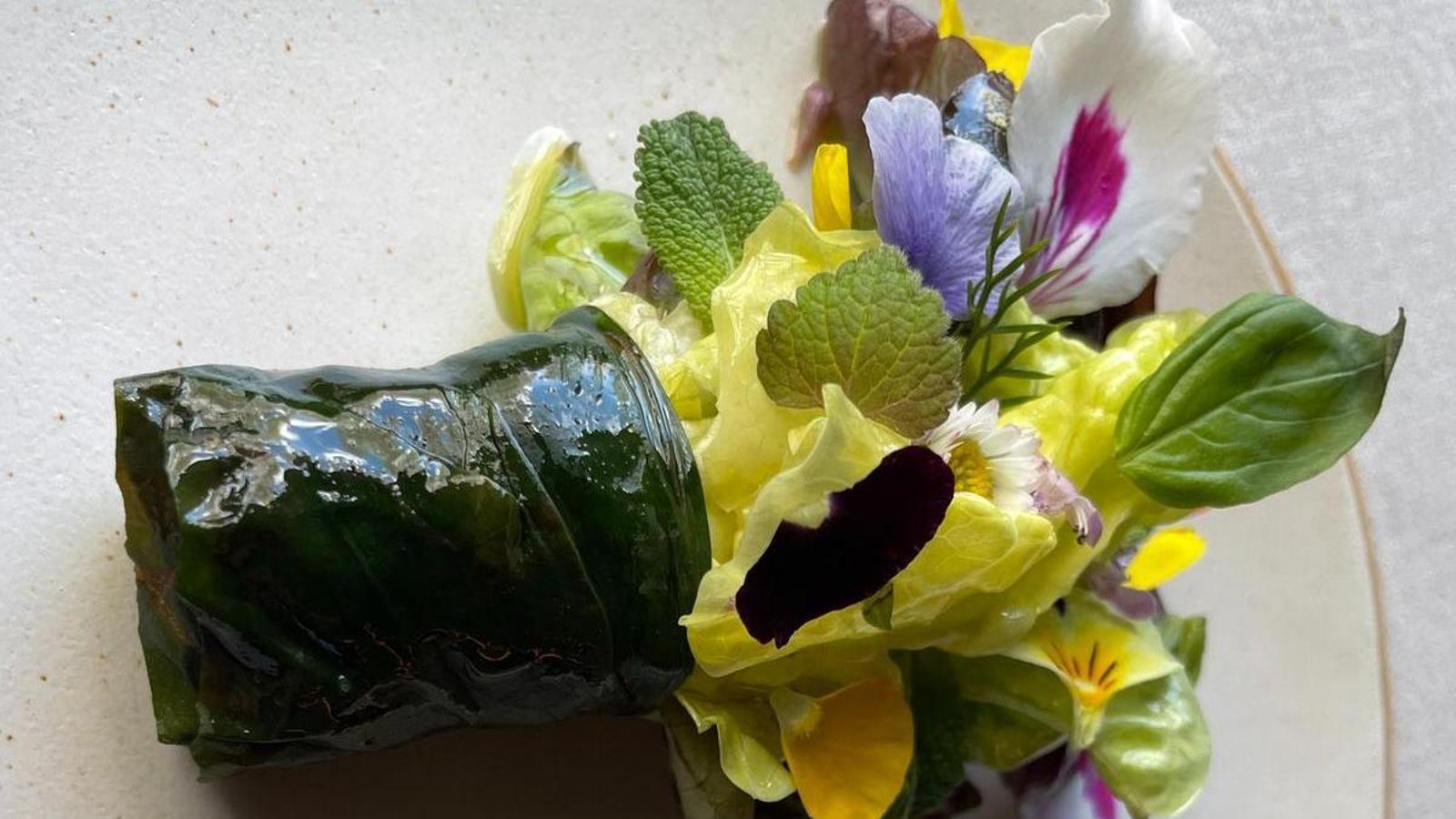Cabbage or the silent rebellion of women's cooking


BarcelonaMelanie Joy is an American social psychologist and writer who in 2009 wrote Why we love dogs, eat pigs, and wear cows, a book where she expounds on the concept of "carnism": the belief system that considers eating certain animals so natural and necessary that it justifies structural violence against them, a belief that most of us don't question because, as Joy points out, all violent ideologies try to remain invisible in order to perpetuate their power of limitless exploitation and maximum profit. This requires killing as many animals as possible in the shortest amount of time possible, and these animals cease to be considered living beings and become things that can be accumulated, processed, and killed in any way.
Joy warns us that this worldview is not only harmful to animals, but also to humans, as studies show that working in slaughterhouses has a serious psychological impact, with mental disorders, emotional dissociation, and violent behavior (areas with slaughterhouses have higher arrest rates for violent crimes and assaults).
In the face of this system that exploits life to the limit, it's revolutionary to find spaces where eating doesn't contribute to this disconnection, but instead helps us reconnect with the earth, nature, and the cycle of life. This is the case of Les Cols, the two-Michelin-starred restaurant in Olot led by chef Fina Puigdevall, where I was lucky enough to dine a few days ago. Les Cols revolutionized the world of haute cuisine over 30 years ago by making vegetables the star of their menu. They have a multidisciplinary R&D team based in the vegetable garden, chicken coop, and pastures in the Bianya Valley, a paradise in the heart of La Garrotxa, where work, innovation, research, and creativity go hand in hand with respect for nature and ethics in the production and preparation of their dishes.
Les Cols inherits the ancestral knowledge of women who cooked, cured, planted, harvested, and combined plants and flowers as an act of knowledge and care. This contrasts with other offerings from renowned restaurants where the cuisine glorifies patriarchal values such as competition, endless working hours, and workplace abuse. At Les Cols, they have a charming team that embraces the restaurant's philosophy and has ensured the transmission of knowledge and the future of the project through their offspring, Puigdevall's three daughters: Martina Puigvert Puigdevall, head chef and winner of the 2024 Michelin Guide Award for Best Young Chef; Carlota, head pastry chef; and Clara, head waiter and sommelier, winner of the Juli Soler Award for Talent and Future of Wine. This familial dimension, rooted in the region, is evident in the 15th-century farmhouse where the restaurant is located, a Puigdevall family heritage site. And the desire to transcend and engage with the world through local strength and talent is evident not only in the R&D team, but also in the architectural renovation by RCR Arquitectes, internationally recognized with the prestigious Pritzker Architecture Prize.
To learn more about Les Cols' unique project, I recommend the book they published to celebrate the restaurant's 25th anniversary: Alma. Las Coles Restaurant (Montagud) – conceived by Puigdevall together with her husband and partner Manel Puigvert – is a magnificent compilation of the philosophy, aesthetics, and soul of the place. And if you'd like to delve deeper into anti-speciesist thought during your holidays, we have works in Catalan thanks to the Saldonar publishing house. the impulse of the author Borja Duñó, which has opened a space for this urgent ethical reflection to also be expressed in our language. Happy summer and better food!
